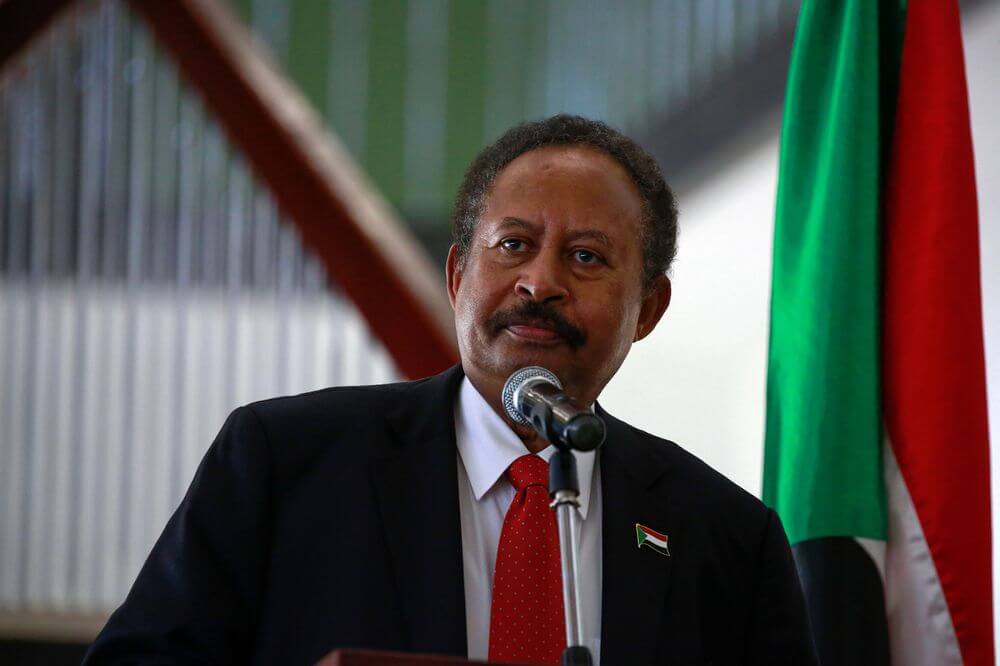Sudanese Prime Minister (PM) Abdalla Hamdok resigned on Sunday amid mass protests against the military following a coup that ousted the civilian government on October 25. Hamdok said that he was resigning to allow a chance for another person to lead the country in its transition to democracy.
Hamdok said that he hoped to “give a chance to another man or woman of this noble country to [...] help it pass through what’s left of the transitional period to a civilian democratic country.” He also noted that his efforts to bridge the gap between civilian and military leaders had failed and warned that the crisis could damage any progress made so far.
Saying that he tried “as much as possible” to redirect Sudan to the path towards transition, the PM remarked that the ongoing political stalemate could “threaten its survival unless it is urgently rectified.” Hamdok added that the current political crisis could devolve into a much larger economic and social problem if left unaddressed.
“I tried my best to avoid our country slipping into a catastrophe”
— The National (@TheNationalNews) January 3, 2022
Sudan's Prime Minister Abdalla Hamdok resigns https://t.co/WAgJUO0anB pic.twitter.com/AGPBHZOQmk
In October, the military ousted the civilian-led transition government in Khartoum in a coup, sparking widespread demonstrations. Military chief Gen. Abdel Fattah al-Burhan dissolved the government and declared a state of emergency after arresting Hamdok and other civilian leaders. Burhan said the coup was meant to ensure Sudan’s stability, which was jeopardised due to infighting between the military and civilian parties.
However, following a deal between Hamdok and Gen. Burhan, the military reinstated Hamdok as the PM a month later and said that it would release all political detainees. The 14-point deal states that the constitution will be amended to ensure that the civilian-military partnership is strengthened and that the transitional government endures.
But the deal was rejected by most citizens, who have demanded a complete transfer of power to the civilian government. Protests have continued since the coup and fighting has frequently erupted between demonstrators and security forces.
According to reports, two protesters were killed on Sunday after the military fired live ammunition against thousands of civilian demonstrators who were marching towards the presidential palace in Khartoum. Furthermore, at least four protesters were killed by security forces in Khartoum last week.
The civilian-military transitional government was established in 2019 following the ouster of longtime dictator Omar al-Bashir in a military coup after large-scale protests demanding his removal. Following Bashir’s removal, the military signed a power-sharing agreement with the civilian Forces of Freedom and Change coalition. The transitional government was tasked with dismantling the Bashir-era political and financial framework and easing the path towards democratic transition.

